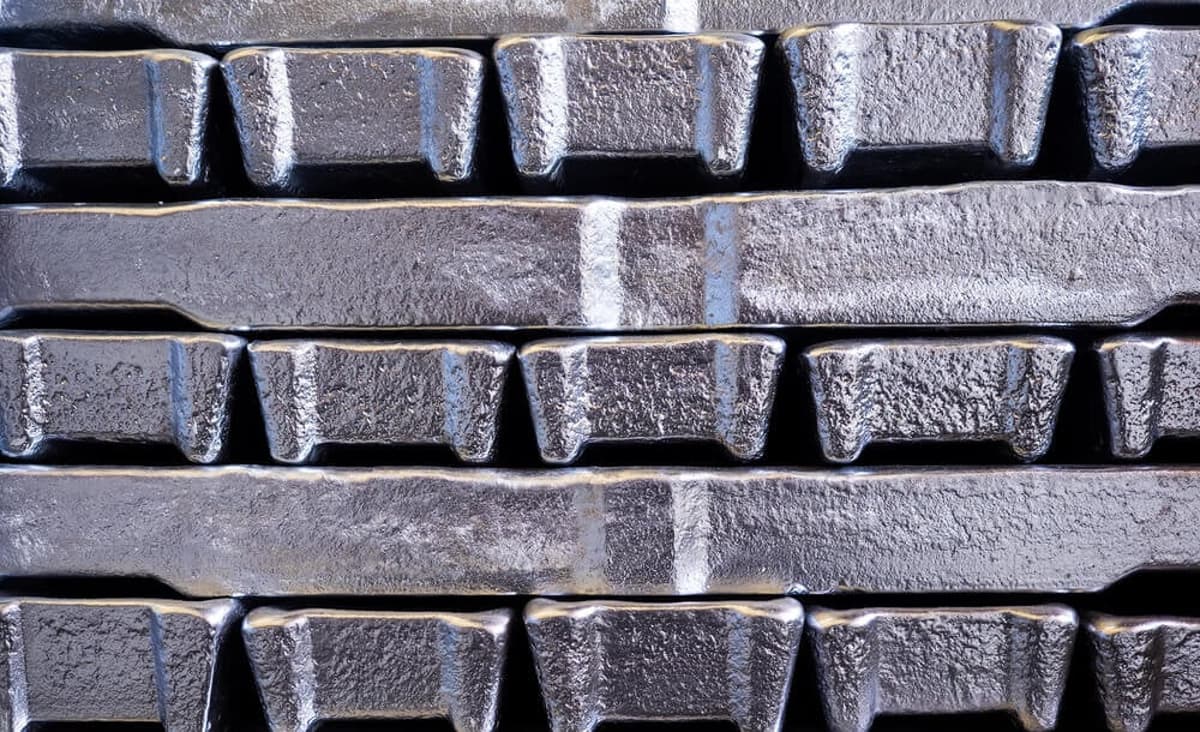Breaking New Ground: Constellium SE Pioneers Hydrogen Casting for Decarbonization in France
Key Ideas
- Constellium SE achieves a milestone by successfully producing an aluminium slab using hydrogen combustion at its R&D centre in France, marking a pivotal step in decarbonizing industrial activities.
- The 12-tonne hydrogen-cast aluminium slab will be processed for use in electric vehicles, showcasing Constellium's commitment to sustainability and innovation in green technologies.
- The aluminium sector's significant direct CO2 emissions highlight the urgency for low-carbon technologies like hydrogen in production processes to meet Net Zero requirements.
- The industry is transitioning towards renewable sources, such as hydrogen, to produce aluminium, with a focus on recycling and reducing the carbon footprint of primary production.
Constellium SE has achieved a groundbreaking milestone by successfully producing an aluminium slab using hydrogen combustion at its primary R&D center in France. This industrial-scale hydrogen casting, performed in a 12-tonne furnace at Constellium’s C-TEC facility, was closely monitored by Batscan technology, which confirmed no quality impact on the metal from the hydrogen combustion process. The produced aluminium slab will undergo further processing at Constellium’s Neuf-Brisach site for eventual use in electric vehicles, showcasing the company's dedication to sustainability and innovative green technologies.
The announcement by Ludovic Piquier, Constellium’s Senior Vice-President, Manufacturing Excellence, and Chief Technical Officer, underlines the significance of this achievement in decarbonizing industrial activities. Piquier emphasized the importance of utilizing hydrogen as a substitute for natural gas, not only as a sustainability commitment but also as a pathway for future advancements in green technologies.
The article also mentions Hydro's claim of producing aluminium using green hydrogen as the energy source, further highlighting the industry's shift towards sustainable practices. With the aluminium sector emitting a substantial 270 million tonnes of direct CO2 emissions in 2022, the adoption of low-carbon technologies like hydrogen is crucial to meet Net Zero requirements.
Aluminium, which is extensively used in various industries, has a significant carbon footprint primarily due to its energy-intensive smelting processes. However, the sector is increasingly focusing on recycling and renewable sources to reduce this footprint. With approximately 75% of aluminium being recycled and recycling rates exceeding 90% in certain industrial markets, the industry is actively working towards a more sustainable future. The integration of hydrogen in aluminium production processes signifies a promising transition towards greener and more environmentally friendly manufacturing practices.
Topics
Production
Innovation
Sustainability
Decarbonization
Renewable Sources
Carbon Footprint
Green Technologies
Recycling
Aluminium Sector
Latest News
